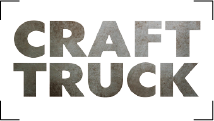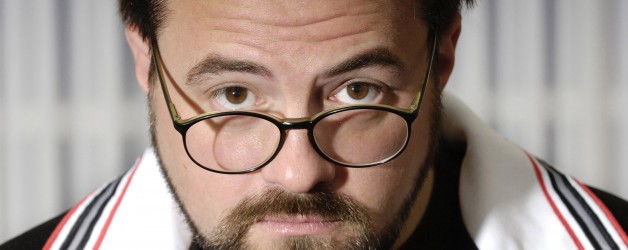Kevin Smith has his fingers in a whole lot of media pies. He has films, TV shows, and podcasts – he is quite literally a franchise in and of himself. He even has his own Movie Club, which distributes up to twelve films a year in Canada and the US.
Kevin’s big break came in 1994 with Clerks, the first independent film he directed. He made it for about $25,000 at the convenience store where he worked at the time. It was shot when the store was closed, which meant the majority of the movie was filmed at night.
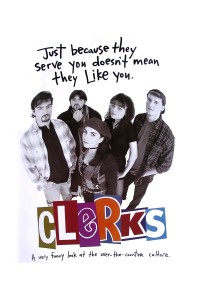
Over the last 20 years, Kevin has gone on to direct, produce, and edit dozens of films. With two decades of filmmaking experience under his belt here are some of his thoughts on makings films as collected from interviews all over the interwebs.
Get the cast and crew involved in the edit
As soon as you can you should try to put something together. That may mean you are editing while the crew is setting up the next shot. But until the actors see cut scenes the film is solely theoretical to them. By giving actors actual scenes to watch they can see the film taking shape and may be able to provide valuable insight. At the very least, doing so will convey how collaborative you can be and foster good will amongst the people who are already eager to help you realize your vision.

You have to be able to communicate your ideas and answer questions ‘on a dime’
Kevin says the answers don’t even have to be correct as long as you have an answer straight away. Basically, the whole crew is just trying to pull an image out of your head so there will be a lot of questions.
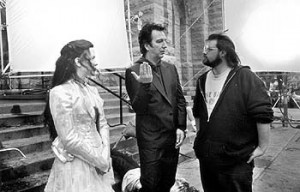
It takes a little awe and a little arrogance to make your first, or for that matter, any movie
This means you need to be awed and inspired by the medium but at the same time; be confident/crazy enough to think you’re able to pull off such feats.
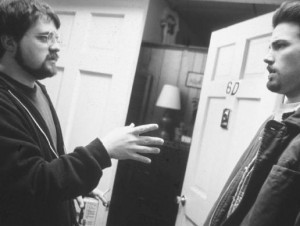
You need a ‘reasonable amount of unreasonability’ to be a filmmaker
It would stand to reason that if you’re not from Los Angeles, if you don’t work near a film studio, if you’re not born into the business, you can’t be a filmmaker. But, you need to have a ‘reasonable amount of unreasonabilty’ to say, “No, it doesn’t have to be that way, screw them and what they say.” That’s not a license to be rude to people or abuse everybody around you. It’s not about being stubborn. It’s about knowing what you’re willing to let slide and what hills you’re willing to die on. Fight for what’s really important to you and let the rest go.
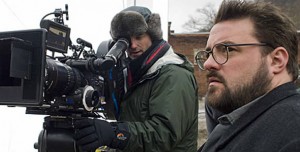
You need to get your message to your audience as economically as possible
You can’t make them sit there longer then they have to. If it takes too long, the magic starts to dissipate.
You can say what you want about the s*** I’ve done but it’s all cut to the bone. I pride myself on that, I kill my babies, it’s a big part of my editing. A lot of people are like, “Oh you’ve got to learn how to kill your babies.” I kill my babies, I cut their throats, I suck the marrow and their brains out, that’s how committed to the cut I am… Tell the story, tell it tight.
-Kevin Smith
A movie doesn’t always have to look good to get the audience
A film doesn’t have to be painted and framed so that it’s good enough to hang in a museum, as long as what’s being said and how the characters are portrayed connect with your audience. Cinema is so wide and varied you can have stuff that’s gorgeous eye candy and stuff that is, well, not so soft on the eye – as long as the audience is connecting, everything else can sag a little bit.
~Contributed by Basil Curtis
